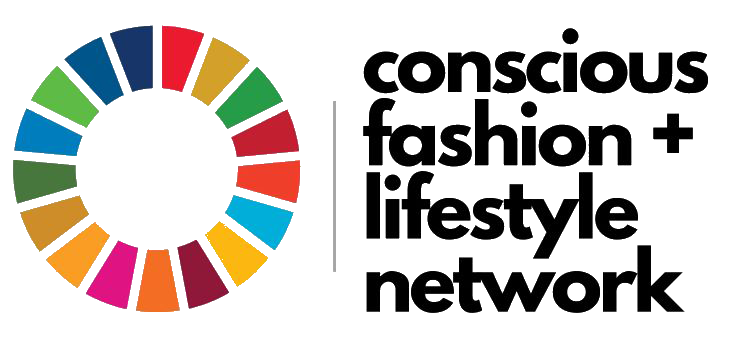Five vets make difficult journey to remote province of Qinghai to deliver critical training
It’s not every day that an NGO such as ACTAsia is invited to bring a team of vets to a province the size of France, who would require altitude training and oxygen reserves.
The team would also need to contend with adverse weather conditions just to make it to this rural landmass. However, in May this year, a group of five highly experienced vets and two assistants set out to the province of Qinghai (which has the second lowest GDP in China after Tibet) with vital work to do for the economically challenged rural community.
The population in Qinghai is made up of small-scale farmers and their livestock are sheep, goats and yaks. The Tibetan mastiff breed is commonly kept as a working dog by landowners to help herd their livestock over rough and severe terrain and they are a valued as part of the community. The vets in the province are experienced with large animal practice but have very limited training or understanding for small animal practice. Furthermore, there is only one veterinary clinic available. The clinic is expensive to locals, and, even if they can make the journey through challenging terrain, it is unlikely they would be able to afford the treatments.
Why was ACTAsia invited to visit the Qinghai province with a team of vets?
In 2017, at the invitation of the local community, ACTAsia and Vets for Compassion Australia went to Qinghai to provide veterinary training and expertise to local veterinarians alongside a neutering programme for Tibetan mastiffs. Due to the success of the programme, the Qinghai government invited ACTAsia to return this year and for the next three years. Our team aims to provide further intensive training to local vet technicians and contribute to the prevention and control of zoonotic diseases such as rabies in the region.

The challenges of the location
A trip to such a remote part of China requires a lot of preparation. Qinghai is 3,700 meters above sea level, and conditions are challenging during the autumn and winter. Temperatures can drop to -33 degrees Celsius, with an average temperature of 3 degrees. It snows for approximately a third of the year. Some of our specialist team of vets travelled for three days in order to get to their destination of Guolou City. All of the vets needed to be equipped with oxygen reserves and needed to practice taking in oxygen in the event that they experienced altitude sickness.

ACTAsia’s Vet Training programme
ACTAsia’s Train the Trainer (TTT) programme is based upon animal welfare, population control (spay and neuter), rabies control through vaccination and includes all the facets of animal welfare at its core. The Vet Trainer network currently has 28 veterinarians in China who have undergone a robust assessment of both theory and practical skills. These vets are up to date with international standards and understand animal welfare. Their understanding and skill level is high, and they all share a common vision. Their goal is to share their knowledge and expertise through TTT workshops and to increase the number of vets in China who deliver excellent animal welfare and can act as animal advocates.
Training the vets in Qinghai
The curriculum for Qinghai was bespoke given its remote nature. During the four-day visit our team of five vets provided the opportunity for hands-on training alongside theory days.
Over 2,000 Chinese vets joined ACTAsia’s veterinary theory day via livestream with 70 vets joining in person.
This incredible outreach established connections between veterinary professionals across China – linking them with the vets in the remote province of Qinghai. ACTAsia’s goal is create a vital support network for veterinarians across China. By being part of the wider nationwide network, the Qinghai vets gain specialist support as they develop their skills together.
Over the training period:
- The theory day included topics on ABC-AR, pain management, anaesthesia, peri-operative care, principles of surgery, and a coursework component (laboratory operations, immunology, and basic infectious diseases).
- Qinghai vet technicians were educated about basic standards of care and best veterinary practices for stray and owned companion animals (including spay, neutering, and rabies vaccinations).
- A “Dry lab” day featured demonstrations using models and case discussions to deepen knowledge gained in the theoretical sessions.
- A ‘Wet Lab’ training session provided trainees with hands-on opportunities to perform neutering and spay surgery on dogs and cats.

Why is neutering important for this area
The ACTAsia team has been working with local teams to help promote the benefits of neutering, and this has helped change the perceptions of local herders in the region. There are no animal hospitals in Guoluo City, only government-established veterinary stations. As a result, many people travelled enormous distances to bring their animals in for neutering, with one woman travelling over 200km with her three dogs.
Four herdsmen came with their Tibetan dogs, and when asked why they brought them to be neutered, one answered: ‘I want my dog to live stronger and live longer; I don’t want to see more stray dogs coming out from my home.’

Veterinary support for Qinghai in the future
ACTAsia aims to invite two veterinarians in Qinghai to join the Trainer network by the end of the three-year programme. The plan is for these vets to be the fixed representatives in this remote region who can continue the training in years to come. ACTAsia also plans to introduce more companion animal subjects, such as infectious disease. In time, there will also be a focus on parasite control and a One Health approach to the parasite echinococcus which is endemic to the area in both livestock and humans. This parasite has been eradicated in most other areas of the world.
The team is looking forward to returning to further this incredible work where their training and hands-on work is supporting huge communities in a vast province.
![ACTAsia [logo]](https://www.actasia.org/wp-content/themes/ACTAsia-2022-theme/assets/img/actasia-en-colour.svg)



